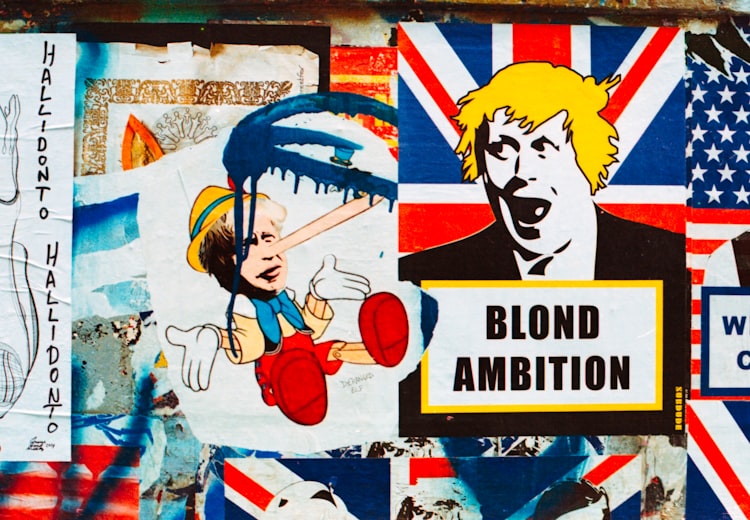Questions from a high-school reader

A high-school reader wrote to me this week asking if I would answer some questions for an assignment he's writing (ABOUT ME! I'm so honoured).
What influenced you to write?
I can't remember ever starting to write. It's more that I never stopped. I wrote stories as a kid, all the time (one of them was about a demon dog that zapped me into space and threw me into the sun). I tried to start a newspaper when I was eight, featuring articles of national importance like "Here Are the Names of All My Pets" and "My Neighbour's House Smells Funny, What Is It?".
Writing has always been the way I've tried to make sense of the world. I write to discover what I think about something. I write because I was a lonely kid who found it easier to hang out with imaginary people than real ones. I write because I like to help.
I've always written about things that scare me. That's why I started writing about money. I've seen from people in my own family how vulnerable you can be when you can't support yourself financially. In my 20s, I was terrible with money, and debt nearly ruined my life. I tell some of that story in this video.
Who was your inspiration?
I've always been inspired by writers who are able to be honest and vulnerable, like Judy Blume (Amanda Palmer has a great song about this), John Green, Bo Burnham and Sylvia Plath.
More than anyone else, I wrote Manage Your Money for younger me. It was the book I needed to read when I was 22.
When did you first realise you wanted to be a writer?
I always wanted to be a writer, but for a long time I assumed it wasn't possible for people like me who didn't come from rich families. I tried being a lot of other things first before I finally figured out how to pay my bills with writing.
But I think we worry too much about nouns, when we think about careers. I'm still not 100% certain I'm a capital-W Writer, the noun. But writing, the verb, is something that anyone can do, any time. Nobody can stop you from doing it. I wrote a long time, for free, because it is something I love doing. You don't have to be a Writer to write.
What is your work schedule like when you're writing?
I'm the most boring person you've ever met when it comes to writing. I don't believe in inspiration; I believe in discipline and routines. I'm so organised that it borders on pathological (no kidding, my psychologist once told me I need to spend less time writing lists). So, it's very important to me that I start and end work at the same time each day.
I'm a morning person and useless in the afternoons, so I always try to give the best hours of my day to writing. I have a word-target every day for the main project I'm working on (usually 2,000 words when I'm doing a first draft, higher if I'm revising). I don't let myself start doing admin or farting around on the Internet doing "research" until I've hit that word-target.
When I had a full-time job, I got up at 5:30 and I'd write until 8:00 before going to work.
Now that I write full time, I do everything I can do to treat it like a job, so I work Monday to Friday. I usually get up around 6:00, make a cup of coffee, and do an exercise Julia Cameron made famous: Morning Pages. Then I faff around a bit, but I make sure that I'm at my desk and writing properly by 8am. I write until lunch-time, take a break, then get back to work until around 4-5pm. I usually hit my word target by noon, but on bad days it can take me until 2 or 3pm. Once I've hit my word target for the day, I do other work like prepare and deliver talks, research, write blog posts, do interviews, have meetings, and do admin. It turns out that a lot of the job of being a writer isn't writing.
When did you write your first book and how old were you?
The first novel I remember writing was about a unicorn who rescued four orphaned kids and took them to a magical place in the sky. It was extremely derivative C.S. Lewis stuff, but give me a break, I was seven!
My first published book was called Hippo Wants to Dance, a children's book about feeling like you're too loud and you take up too much space. I was 29. I was 30 when I wrote Manage Your Money Like a F-cking Grownup. It seemed like a good way to summarise a lot of the hard-earned lessons of my 20s.
What is something you would say to help a developing author?
Read. Read everything. Read all the time. Reading is inhaling, writing is exhaling.
It's the details that make something feel real.
Try to be honest. It's not easy.





Member discussion